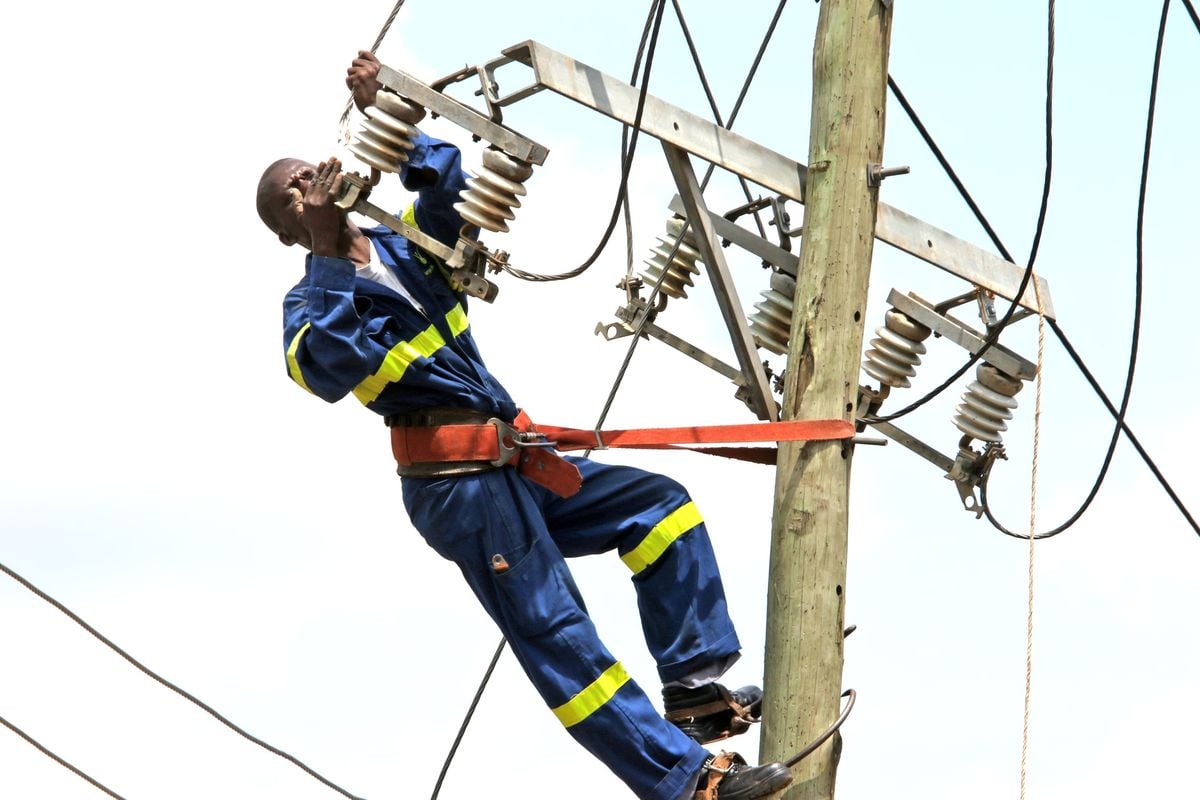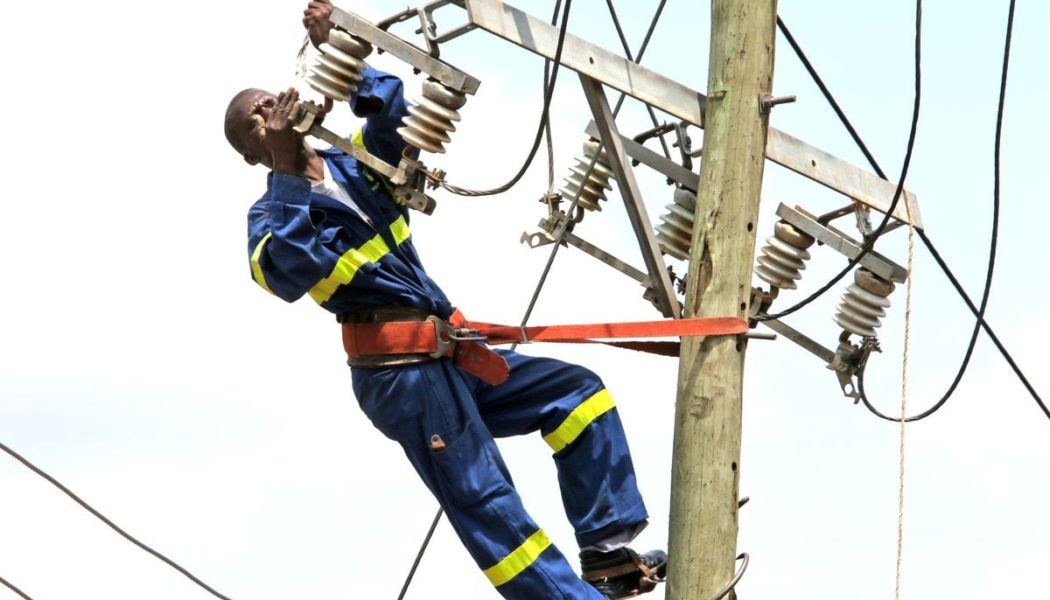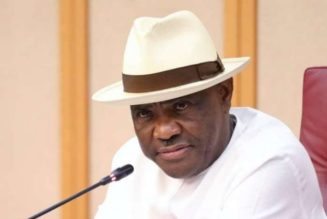
Manufacturers have asked the government to remove the condition for using discounted electricity tariffs at night, a request that is said to have rattled top officials at the Ministry of Energy.
The Kenya Association of Manufacturers (KAM) urged President William Ruto to delink access from units consumed.
Sources say while Dr Ruto gave a nod to the request, senior government officials are hesitant, saying it will hurt Kenya Power.
Small commercial and industrial consumers must meet a monthly consumption threshold which is tracked every six months, in order to qualify for discounted prices.
“KAM has been pushing for the removal of the threshold requirement to enable more manufacturers benefit. The President already made his pronouncement on its removal. All that remains is implementation, which is expected from this month,” a KAM official said.
The tariff, which sees consumers pay as low as Sh6.06 per unit of electricity based on consumption, is meant to encourage productive use of power at off-peak hours and increase manufacturing.
Small commercial consumers must use more than 100 units per month in order to pay Sh10 per unit instead of Sh20 while those required to use more than 15,000 units a month are charged Sh7.25 per unit instead of Sh15.
The small commercial and industrial consumers account for more than half of Kenya Power’s electricity sales, highlighting the massive losses that the utility faces should the government accept the request by the manufacturers.
KPLC posted a net profit of Sh319 million for the six months that ended in December 2023, helped by increased electricity sales and an upward review of tariff.
The Ministry of Energy says the proposal could see the parastatal lose more than Sh25 billion every year, underlining why officials are not comfortable with the move.
“The Head of Public Service wrote to us this month, seeking an update of where we are in terms of reviewing the request,” a senior official in the ministry said.
Off-peak periods are between 10pm and 6am, in what is aimed at encouraging companies to increase production, drive electricity demand at that period and thus help create a 24-hour economy.
KAM says it had been difficult for their members to enjoy the subsidized tariff as the condition of meeting the consumption had been changing every six months.
The Time of Use (ToU) tariff was introduced in 2018, offering large consumers a discount of 50 per cent for use of electricity during off-peak hours in what was aimed at encouraging a 24-hour economy.
Manufacturers say they have in most cases enjoyed the tariff either because they lack the necessary capacity to absorb the huge power or the consumption is subject to change within the six months that Kenya Power tracks their use of electricity.
However, official data from the Energy and Petroleum Regulatory Authority shows that the money that manufacturers save under this tariff has been increasing, pointing to increased use of electricity under ToU.
They (firms and businesses) saved Sh947.3 million between July and December last year on electricity bills under the tariff, a 72.5 percent jump from Sh549 million in the same period in 2022.
The government introduced the tariff following persistent complaints from businesses over a high cost of electricity that was significantly driving operational costs and making their goods costly, lowering their competitiveness in the global market.
In the reviewed electricity retail tariffs that were gazetted in April last year, a unit of power is going for as low as Sh6.06 and as high as Sh10.09, depending on the consumption band.
Increased use of power at off-peak hours is also meant to reduce the need to curtail electricity, a move that is currently employed to avoid overloading the transmission network and thus avoid blackouts.
Electricity curtailment refers to any action meant to reduce the amount of energy generated within a system in order to ensure there is a balance between demand and supply.
Industries and firms have increased activities under the ToU tariff as they seek to manufacture more while at the same time ensuring they do not face steep electricity bills.









